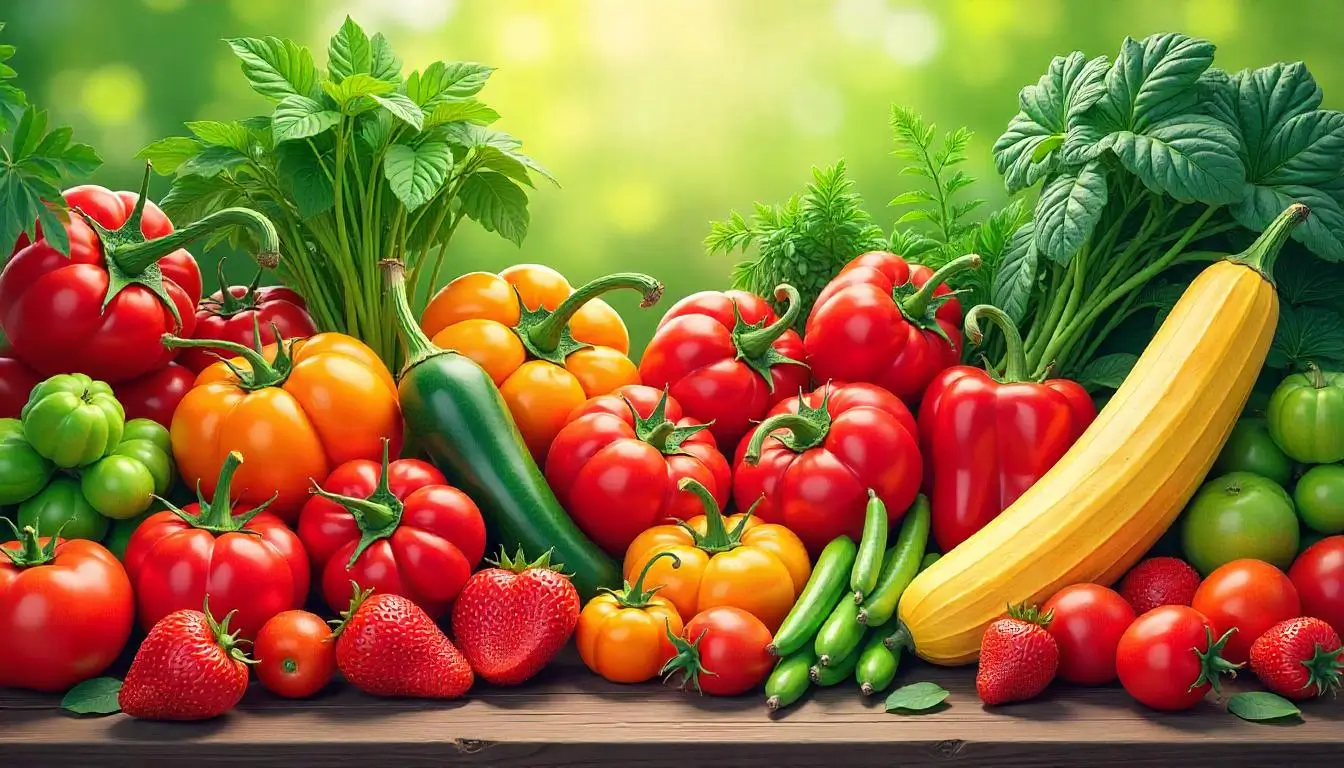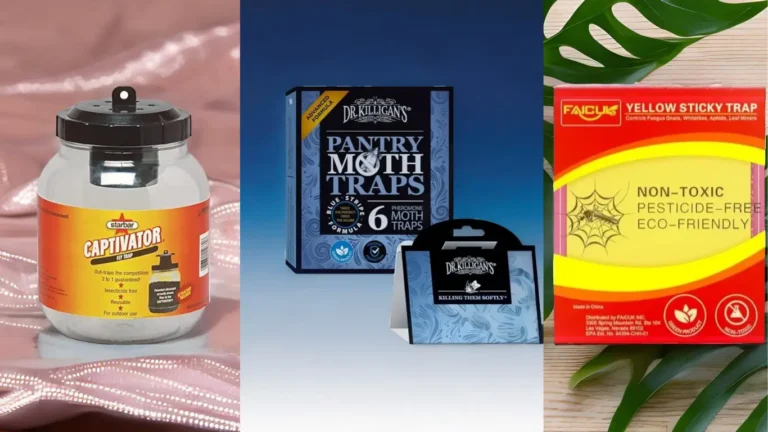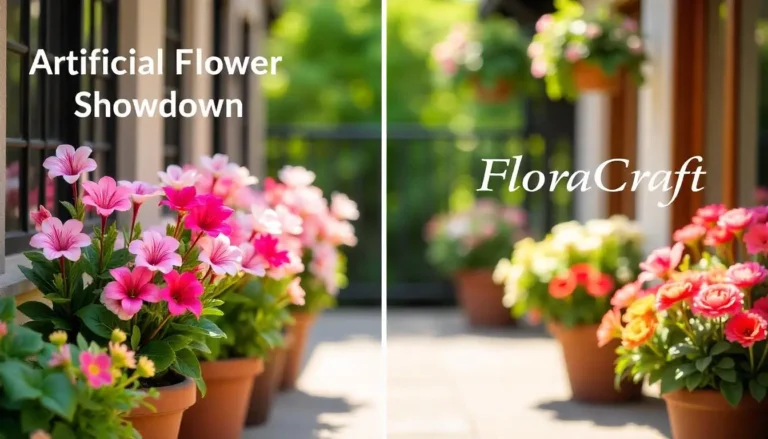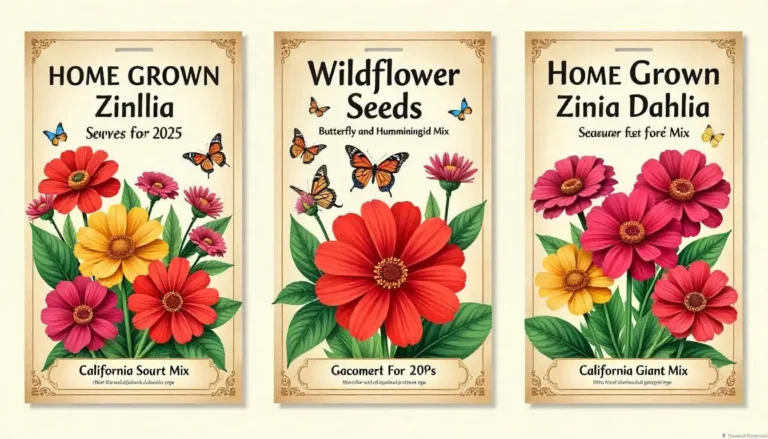Vegetable Seeds for Sale Near You – 2025

Introduction
Discovering the perfect seed vegetables for your garden can transform your growing experience from ordinary to extraordinary. Whether you’re a seasoned gardener or just starting out, choosing high-quality vegetable seeds is the foundation of a successful harvest.Heirloom vegetable seeds, with their rich history and exceptional flavors, offer gardeners a connection to agricultural traditions that span generations. Today’s gardeners have unprecedented access to organic, non-GMO vegetable seed varieties that can thrive in virtually any growing environment. From locally sourced seeds adapted to your specific climate to rare heritage varieties that bring unique colors and tastes to your table, the world of seed vegetables offers endless possibilities for your garden. Best of all, these treasures are more accessible than ever, with options available right in your neighborhood.
Table of Contents
What Are Seed Vegetables?
Seed vegetables are plants grown primarily for their edible seeds or fruits containing seeds. Unlike root vegetables (like carrots or potatoes) that develop underground, these plants typically form their edible portions above ground. These include some of the most beloved garden staples that grace our summer tables.
When it comes to vegetable seeds, common examples include tomatoes, peppers, eggplants, cucumbers, squash, and beans. Each seed contains genetic information that determines everything from growth habits to flavor profiles. When planting these garden favorites, you’re not just growing food—you’re participating in a biological miracle that transforms tiny seeds into abundant harvests..
The beauty of these garden plants lies in their diversity. From the hundreds of tomato varieties available to the kaleidoscope of pepper options, these plants offer gardeners unlimited creative potential in both cultivation and culinary applications.
Why Choose Heirloom Varieties?
Heirloom varieties represent our agricultural heritage, passed down through generations of gardeners and farmers. Unlike modern hybrids developed for commercial agriculture, these traditional cultivars have been selected over decades or centuries for their exceptional flavor, adaptability, and unique characteristics.
History and Flavor
Heirloom varieties tell stories through their lineage—some have fascinating histories dating back hundreds of years. Cherokee Purple tomatoes, for instance, were cultivated by Native American tribes long before European contact. Beyond their historical significance, these varieties are renowned for complex flavor profiles that many modern hybrids lack. The intense sweetness of a Brandywine tomato or the subtle nutty notes in a Blue Lake bean demonstrate why culinary enthusiasts seek out these traditional options.
Durabilité et conservation des semences
One of the most compelling reasons to grow heirloom varieties is their reproducibility. Unlike hybrid options, which don’t “breed true” in subsequent generations, traditional varieties allow gardeners to save seeds year after year, developing plants increasingly adapted to local growing conditions. This self-sufficiency represents sustainable gardening at its finest, reducing dependency on commercial sources while preserving biodiversity.
Organic and Non-GMO Benefits
Most heirloom varieties are naturally organic and non-GMO, developed through traditional breeding methods rather than genetic engineering. For gardeners concerned about food purity, these plants provide peace of mind alongside exceptional quality. Growing traditional varieties also supports genetic diversity in our food system, creating resilience against disease, pests, and climate change.
Types of Vegetable Seeds You Can Shop
1 Organic Options
Certified organic vegetable seeds are grown without synthetic pesticides or fertilizers., offering peace of mind for environmentally conscious gardeners. These seeds sprout into plants with natural resistance to pests and diseases, making them ideal for organic gardening practices. Popular organic options include kale, lettuce, and cucumber varieties specially bred for natural growing environments.
2 Heritage Varieties by Region
When selecting vegetable seeds, regional heirloom varieties have adapted to specific climates over generations, making them perfectly suited to local growing conditions. Southern favorites like Mortgage Lifter tomatoes and Georgia Rattlesnake watermelons thrive in hot, humid environments, while cool-climate treasures such as Sugar Snap peas and certain cabbage types flourish in northern gardens. Choosing regionally appropriate heritage options dramatically increases your chances of gardening success.
3 Vegetable Seeds for Home Gardens
Home gardeners need varieties that maximize production in limited space. Compact choices like Patio Choice tomatoes or space-saving bush beans allow even apartment dwellers to enjoy fresh harvests. Container-friendly plants and varieties selected for disease resistance make gardening accessible to everyone, regardless of experience level.
4 Seasonal & Climate-Based Selection
When choosing vegetable seeds, timing is everything in gardening. Cool-season plants like spinach, peas, and radishes thrive in spring and fall, while heat-lovers such as peppers, eggplants, and melons need summer’s warmth. Our climate-specific collections help you select the perfect varieties for your growing zone and planting calendar.
Browse our full collection to find the perfect varieties for your garden this season!
Where to Buy Near You
Finding quality vegetable seeds and garden supplies in your area has never been easier. Our store locator tool allows you to search by zip code, revealing local nurseries, garden centers, and farm stores carrying our complete collection. Many locations offer expert advice tailored to your specific growing region—an invaluable resource for both beginning and experienced gardeners..
For those preferring to shop from home, our online ordering system provides convenient delivery options with special considerations for viability in different climates. Popular regions we serve include:
- Northeast (specialized cold-hardy varieties)
- Southeast (heat and humidity tolerant selections)
- Midwest (adaptable varieties for variable conditions)
- Southwest (drought-resistant options)
- Northwest (cool-season specialists)
Many of our partner stores host seasonal swaps and gardening workshops, creating community around the shared joy of growing food from quality garden stock.
Tips for Planting and Growing
How to Prepare Your Soil
Successful gardening starts with healthy soil. Incorporate compost to improve drainage and add essential nutrients before planting. Test your soil pH and amend accordingly—most vegetables prefer slightly acidic to neutral soil (6.0-7.0). Creating raised beds can improve drainage in heavy clay soils, while mulching helps retain moisture in sandy conditions.
When to Plant (Seasonal Guidance)
Timing your planting is crucial for garden success:
- Early spring: Peas, lettuce, spinach, radishes
- After last frost: Beans, cucumbers, summer squash
- Warm season: Tomatoes, peppers, eggplants (when soil reaches 60°F)
- Mid-summer: Fall crops of kale, carrots, beets
- Late summer: Cold-hardy spinach and certain lettuces
Always check packets for specific timing recommendations for your growing zone.
Watering and Sunlight Needs
When planting vegetable seeds, most garden plants require at least 6-8 hours of direct sunlight daily. Water deeply but infrequently to encourage strong root development. Morning watering allows foliage to dry during the day, reducing disease risk. Consider drip irrigation or soaker hoses to minimize water waste and keep foliage dry.
Pest Prevention Organically
Protect your garden naturally by:
- Planting companion flowers like marigolds to repel pests
- Using row covers for young seedlings
- Encouraging beneficial insects with diverse plantings
- Applying organic solutions like neem oil or insecticidal soap when necessary
- Practicing crop rotation to prevent disease buildup in the soil
Customer Reviews & Success Stories
“The Cherokee Purple tomato seeds I purchased produced the most flavorful tomatoes I’ve ever grown. My family can’t get enough of them!” – Maria S., Zone 7b
“As a first-time gardener, I was nervous about starting from scratch. The germination rate on the Buttercrunch lettuce was nearly 100%, and your planting guides made the process foolproof.” – James T., Zone 5a
“I’ve been gardening for 30 years, and these Sugar Snap peas outperformed any variety I’ve previously grown. Will definitely be ordering again!” – Eleanor W., Zone 4b
Frequently Asked Questions (FAQs)
What are the best varieties to grow at home?
Beginners should start with easy-to-grow options like bush beans, zucchini, radishes, and leaf lettuce. These varieties germinate reliably, grow quickly, and produce abundant harvests with minimal care. As you gain experience, expand to tomatoes, peppers, and more specialized varieties.
Can I buy heirloom varieties online?
Yes! Our complete selection of heirloom varieties is available for online purchase with shipping nationwide. We specially package our products to maintain viability during transit and offer detailed planting instructions specific to your growing zone.
What’s the difference between heirloom and hybrid vegetable seeds?
Heirloom varieties are open-pollinated plants that have been passed down for generations (typically at least 50 years) and breed true from saved seeds. Hybrids result from deliberately crossing two different parent varieties to create specific traits like disease resistance or uniformity. While hybrids often produce well in their first generation, seeds saved from hybrid plants won’t reliably produce the same characteristics in subsequent plantings.
How long do vegetable seeds stay viable?
Properly stored garden seeds remain viable for varying periods: onion and corn seeds may last only 1-2 years, while tomatoes and cucumbers can remain viable for 5-10 years under ideal conditions. Store seeds in cool, dry conditions in airtight containers for maximum longevity.
Conclusion: Start Growing Today!
The journey from tiny seed to abundant harvest represents one of gardening’s greatest joys. Whether you’re drawn to the storied heritage of heirloom varieties, the environmental benefits of organic growing, or simply the unmatched flavor of home-grown produce, our diverse selection offers something for every gardener.
Remember that each planting represents potential—not just for delicious food, but for connecting with nature, preserving agricultural biodiversity, and creating sustainable food systems for future generations. The simple act of gardening links you to centuries of human tradition while providing the freshest possible food for your table.
Explore our tomato collection | Shop pepper varieties | Browse leafy greens
Start your garden today – shop fresh vegetable seeds near you!
There are no reviews yet. Be the first one to write one.





